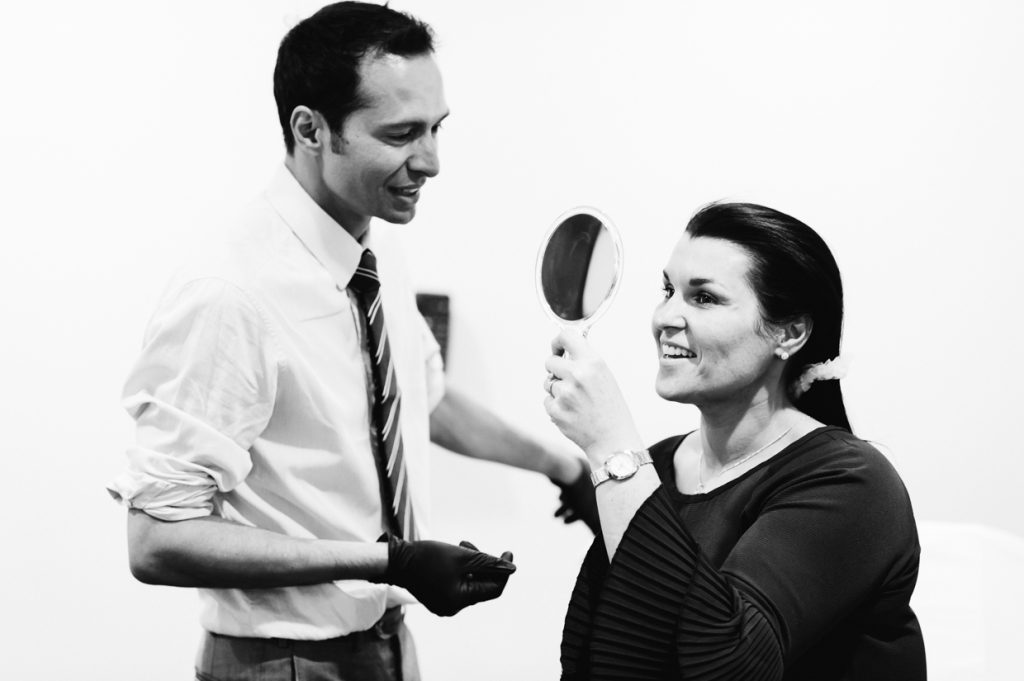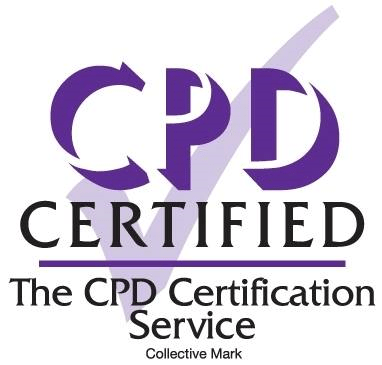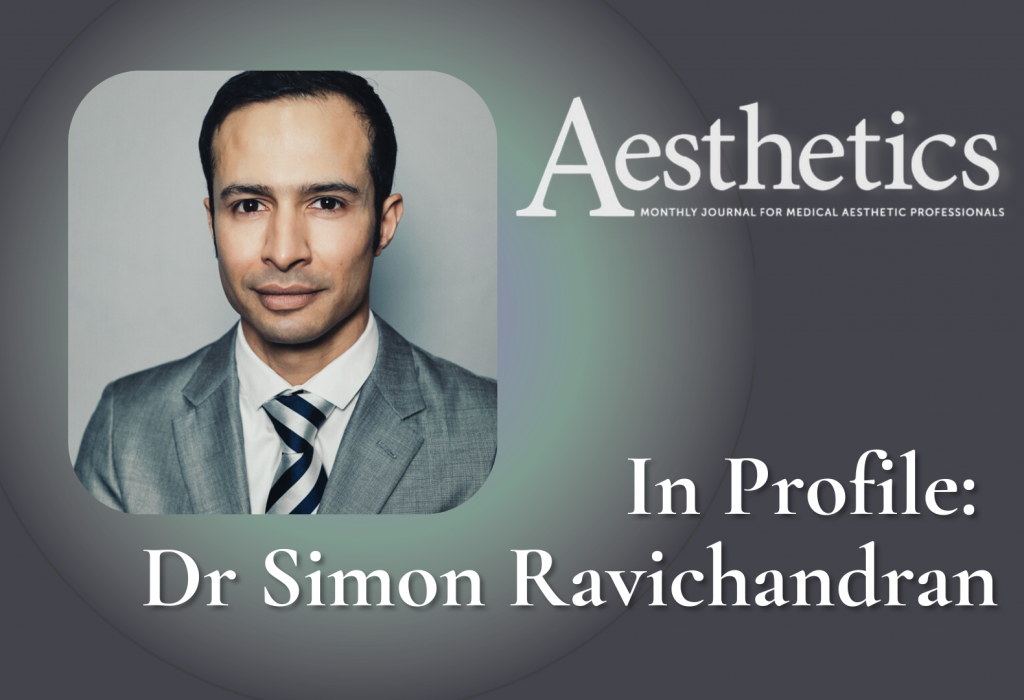Aesthetic Training Academy Director Dr Simon Ravichandran sat down with Aesthetics Journal to discuss how he developed his career to become an award-winning aesthetic practitioner and pioneer in aesthetic training.
Aesthetic practitioner Dr Simon Ravichandran details his career into aesthetics and how he became a part of the Merz Innovation Board
After following a career path to become an ENT surgeon, Dr Simon Ravichandran began to discover aesthetics when he noticed the impact his procedures had on a patient’s quality of life. After graduating from Glasgow University in 2002, Dr Ravichandran worked in a variety of hospital posts throughout his medical education. He reflects, “We needed to have completed at least four different surgical specialities before we could be eligible for sitting our surgical entrance exams, so I gained exposure in orthopaedic surgery, cardiothoracic surgery, ear nose and throat surgery and emergency medicine. I found from this that I had a passion for facial plastics and so continued my training in ENT surgery for a further four years, before taking a staff post in ENT with a specialist interest in facial plastics.”
Whilst working in the ENT department, Dr Ravichandran discovered the use of aesthetic treatments when treating patients with facial palsies. He explains, “We would traditionally perform facial sling or facelift procedures to try and improve our patient’s symmetry, but the procedures involved a long recovery for patients, the inconvenience of the swelling and bruising, and quite often the results didn’t really live up to our patients’ expectations. The use of aesthetic treatments often allowed us a simpler, more tolerable procedure that improved the quality of life for our patients”
The shift into aesthetics began when a patient returned to Dr Ravichandran to thank him for restoring her lost confidence. He notes, “I had a patient in her 60s who had suffered from a stroke 20 years ago. At her review appointment she showed me some photographs of her granddaughters birthday party. The patient explained that they were the first photos she had taken since the stroke, and that the treatment we had performed had given her back a confidence that allowed her to live her life the way she wanted to, without constantly feeling self-conscious about her appearance. My eyes were truly opened up to the impact we could have on our patients without them having to go through prolonged procedures with lengthy downtime.”
 In 2007, Dr Ravichandran began training in aesthetic medicine and during 2010 he opened his first aesthetic clinic, Clinetix in Glasgow, with his wife Dr Emma Ravichandran. He reflects, “My goal was to always strive to be better, push boundaries and ensure I was constantly developing my skill set. In NHS surgery I felt I had reached the point where my skills were starting to plateau, so I began to look to aesthetics, where I was continually finding new skills and developing techniques. Setting up our first clinic allowed us to explore these opportunities and start a new challenge of being business owners. It has been a long journey and we’ve made mistakes along the way, but looking back there’s nothing I would want to change or do differently.”
In 2007, Dr Ravichandran began training in aesthetic medicine and during 2010 he opened his first aesthetic clinic, Clinetix in Glasgow, with his wife Dr Emma Ravichandran. He reflects, “My goal was to always strive to be better, push boundaries and ensure I was constantly developing my skill set. In NHS surgery I felt I had reached the point where my skills were starting to plateau, so I began to look to aesthetics, where I was continually finding new skills and developing techniques. Setting up our first clinic allowed us to explore these opportunities and start a new challenge of being business owners. It has been a long journey and we’ve made mistakes along the way, but looking back there’s nothing I would want to change or do differently.”
Since the opening of their first clinic, the pair have opened three additional clinics in Scotland as well starting their own training academy in 2015, The Aesthetic Training Academy, in Glasgow. “I’m proud of what we, as a team, have achieved with the academy. We focus on high quality training with small groups of typically four or five delegates. We can provide one to one training and can be more involved in their learning processes. The end goal is to give our delegates the confidence and skills to independently perform procedures and continue to grow as practitioners. We aren’t as busy as other training academies, but we have a very high level of satisfaction among delegates, and this is what means the most to us,” Dr Ravichandran adds.
As well as running his academy and clinics, Dr Ravichandran is a global key opinion leader and a Merz Innovation Board member where he develops education and training for the company. “Personally, I think Merz Aesthetics is one of the most ethical pharmaceutical companies. Patient safety is a priority and the way they instil this through developing educational programmes is pivotal,” he notes. Teaching and educating future aesthetic practitioners is something I am very passionate about, and my relationship with Merz gives me the perfect platform for doing that in a way that feels right,” he continues. Looking back at his career thus far, Dr Ravichandran believes that educating yourself and continuing to learn is key to starting and maintaining a career in aesthetics. He reflects, “For anyone interested in getting involved in aesthetics, I would say have a look at the bigger picture. Look at the holistic improvements you will see in the patient and if that’s something which interests you, try it! Attend some courses and learn new skills but don’t commit until you’re sure it is something you really want to do, as you will soon realise it is a lot harder than it looks!”





